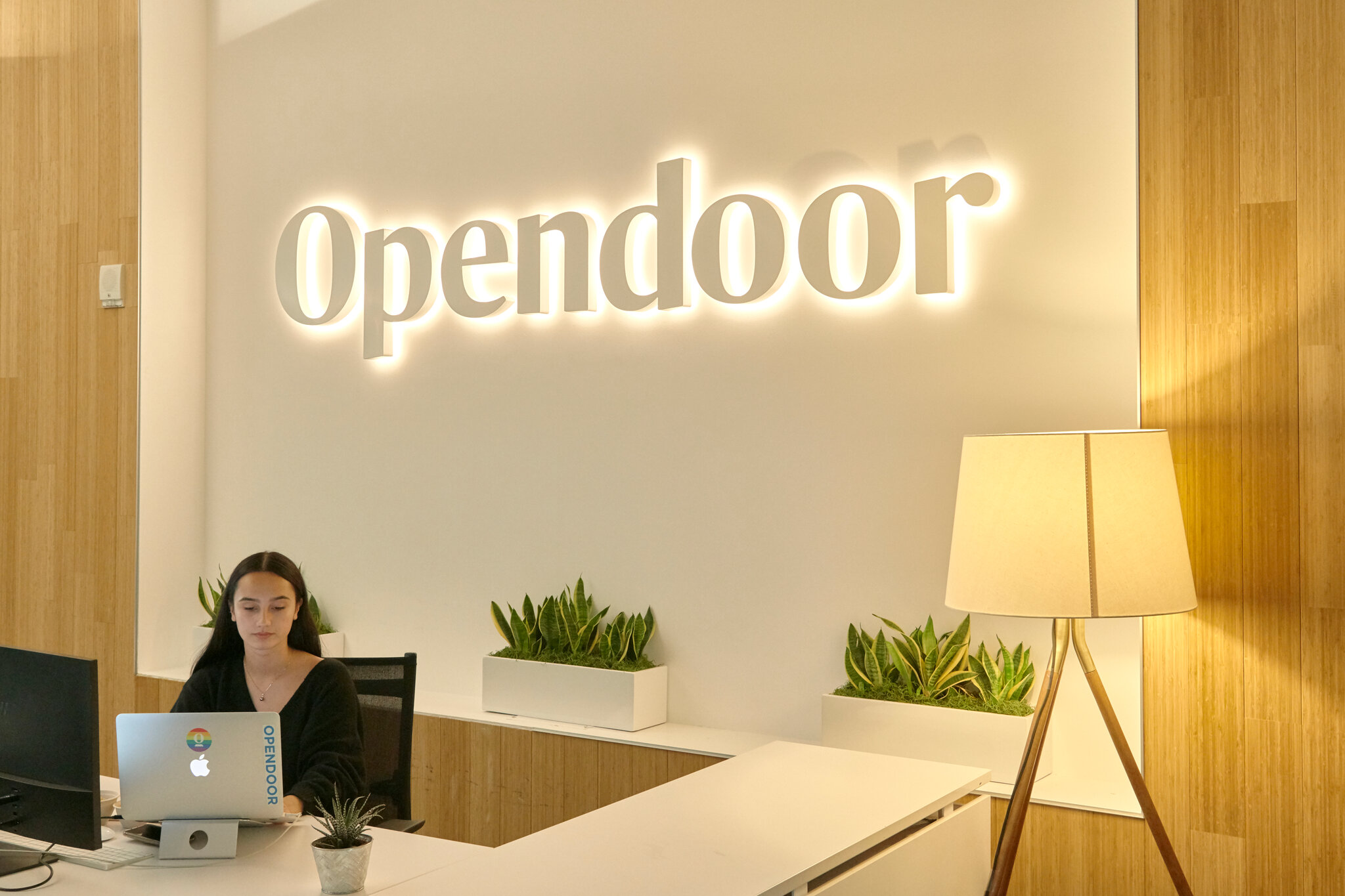Opendoor Stock Soars 20% Premarket— Boom or Bust Ahead?
Opendoor stock jumped 20% premarket and has surged nearly 500% in just a month. Can this parabolic rally continue—or crash just as fast?Such a massive surge in a short time—has there been a dramatic i

Opendoor stock jumped 20% premarket and has surged nearly 500% in just a month. Can this parabolic rally continue—or crash just as fast?
Such a massive surge in a short time—has there been a dramatic improvement in the company’s fundamentals? The answer is no. Since Opendoor went public in late 2020, its transaction volume has steadily declined. Existing-home sales have fallen by nearly 50% since the group went public, and were last estimated by the National Association of Realtors at an annual rate of 4.03 million in May — the lowest since 2009.
High mortgage rates that discourage buyers are also locking sellers into their current homes. A Bankrate survey published last week showed that more than half of U.S. homeowners wouldn’t feel comfortable either buying or selling a new home, based on prevailing 30-year rates, which the Mortgage Bankers’ Association pegs at 6.82%.
Opendoor continues to bear enormous operating expenses, which wipe out its entire gross profit. In addition, to finance home purchases, the company must take on debt. Since its founding, Opendoor has never turned a profit.
The recent rally in Opendoor stock is largely attributed to a gamma squeeze triggered by short sellers.
Data from S3 Partners, which tracks short selling across major U.S. indices, shows that bets against Opendoor have risen to around 24% of shares outstanding. For comparison, short interest in Apple is around 0.75%.
A traditional short squeeze occurs when short sellers are forced to buy back shares that are rapidly rising in price.
In a gamma squeeze, investors typically turn to the options market to take advantage of sudden momentum in the stock.
Opendoor’s options activity has exploded, with a sharp uptick in buyers of call options, which grant the right (but not obligation) to buy shares at a set price at a future date.
To hedge risk while meeting demand, call option sellers often buy shares of the underlying stock. This creates a feedback loop where share prices rise further — until the options expire and the cycle ends.
Options volume for Opendoor shares more than tripled from the previous record Friday, exceeding 3.4 million contracts. Around half of these options expire this Friday. The average trade size in the most active $4.50 call was just 11 lots — a sign much of the activity came from retail investors.
This all draws comparisons to the GameStop gamma squeeze of early 2021 — but remember what happened next. After the initial surge, GameStop stock crashed, then experienced extreme volatility. Most retail traders struggled to time it right.
Moreover, unlike Opendoor, GameStop at the time had shown clear fundamental improvement.
“Volatility giveth and volatility taketh away,” said Kim Forrest, Chief Investment Officer at Bokeh Capital Partners, adding that meme-stock rallies always fade. “For every stock that’s sold, there’s someone on the opposite end buying it. And if there’s a lack of buyers, we have a price decline.”
Disclaimer: The views in this article are from the original Creator and do not represent the views or position of Hawk Insight. The content of the article is for reference, communication and learning only, and does not constitute investment advice. If it involves copyright issues, please contact us for deletion.